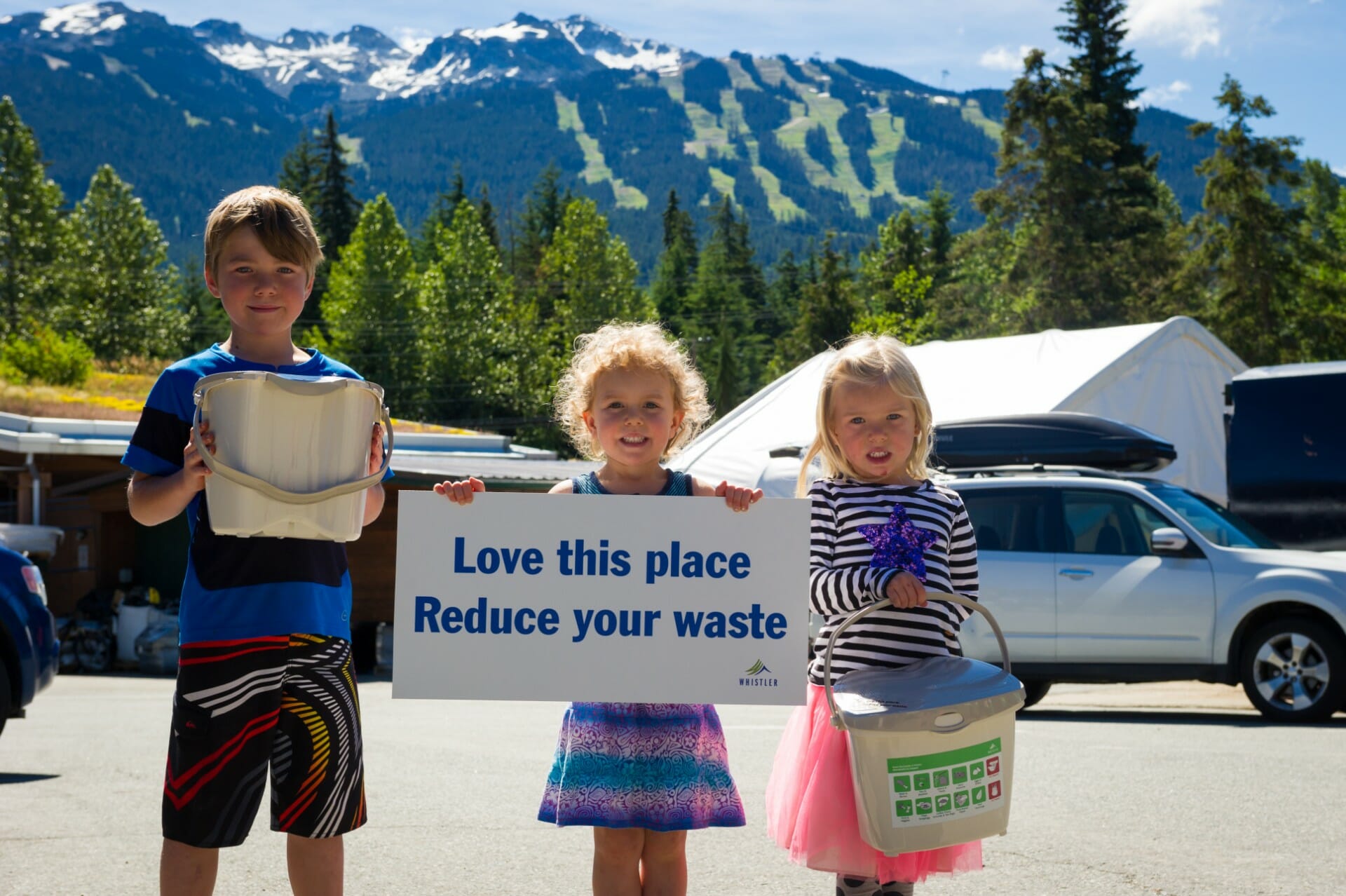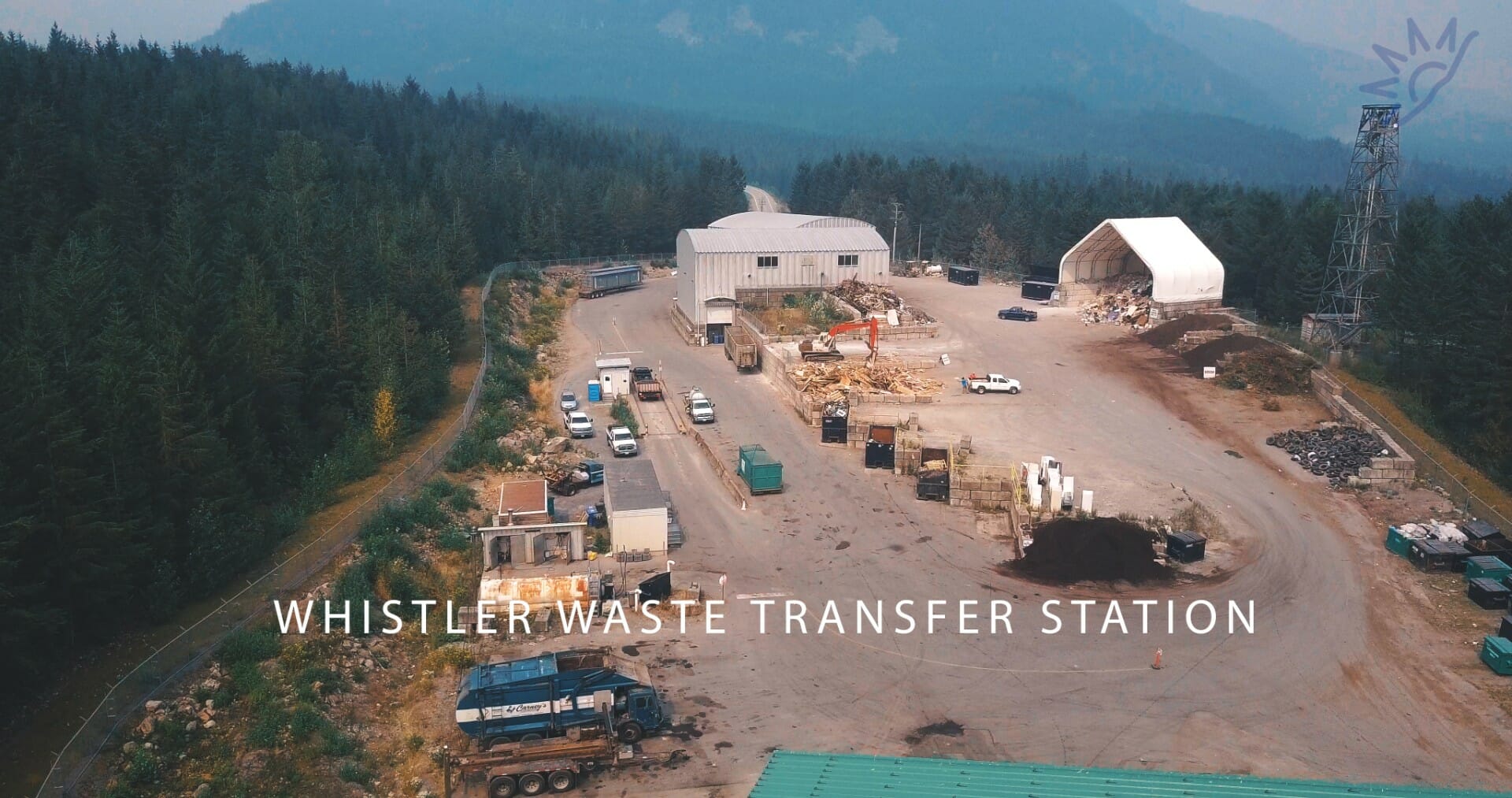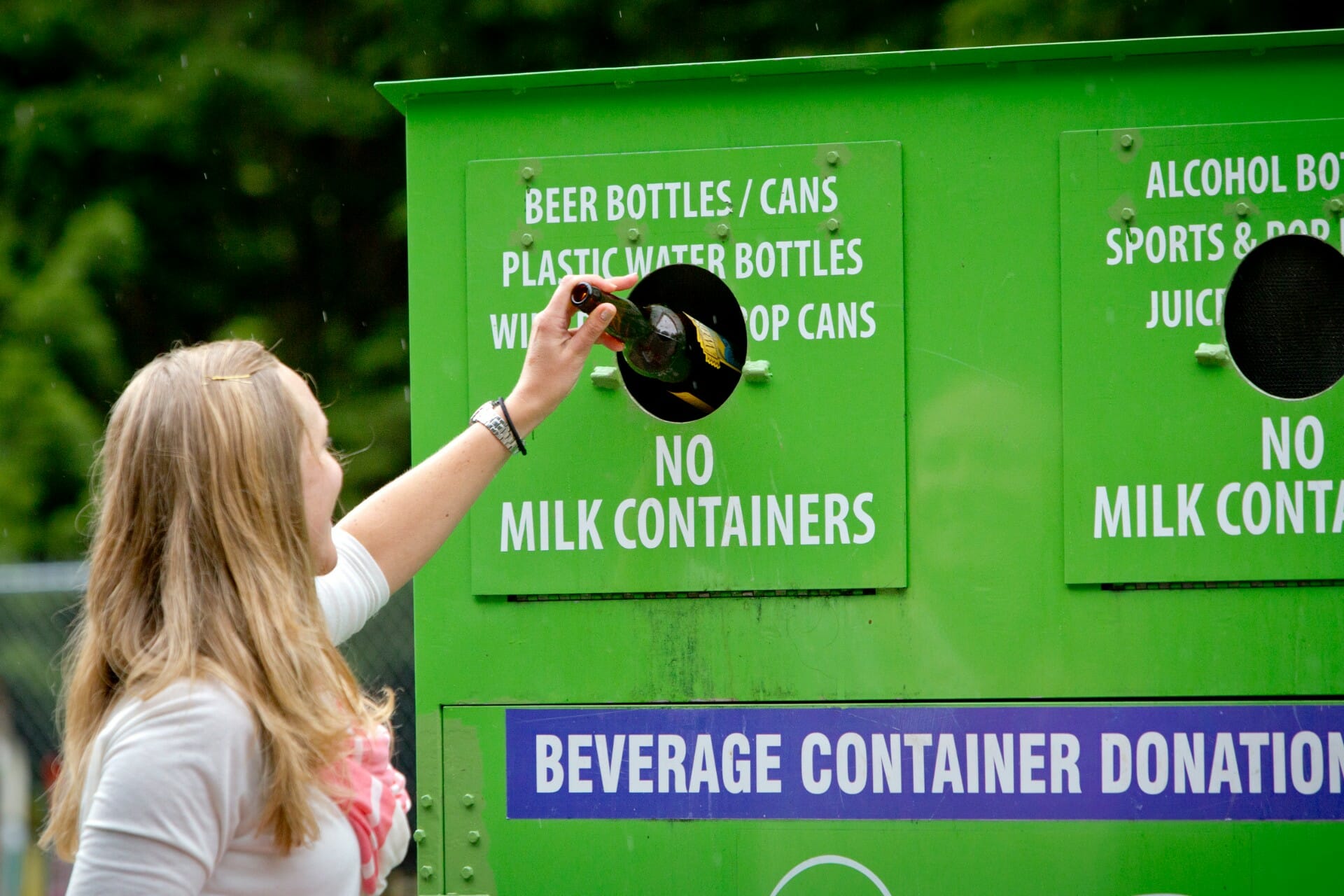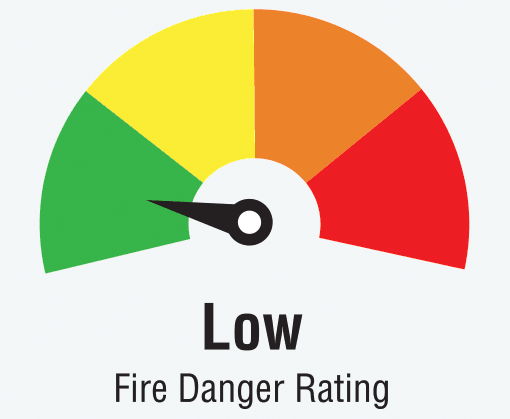


The RMOW and partner organizations operate a network of facilities in Whistler for recycling, compost, yard waste and landfill waste. Whistler does not provide curbside pick-up services due to bears and other wildlife.
Reminder: Those leaving town must dispose their waste responsibly. If you cannot make it to a waste facility, call an independent waste hauling company. Not disposing waste properly can lead to conflicts with bears and other wildlife and will result in a fine to the property owner. Illegal dumping is a crime under municipal bylaws at all times and the Wildlife Act if the waste attracts wildlife.
Waste Depots
Residents can drop off waste free of charge at two waste depots, including recycling, compost, yard waste and landfill waste. The depots are located in the Nesters and Function Junction neighborhoods. Learn more
Waste Transfer Station
All commercial waste, as well as residential waste that cannot be accommodated at the waste depots, must be delivered to the Waste Transfer Station in the Callaghan Valley. Learn more about accepted materials, location and fees.
Regional Recycling Facility
Whistler’s Regional Recycling facility is located at Nesters and offers full deposit refunds for all beverage container and free recycling for scrap metal, electronics, paint, pesticides, fuel and more. Visit the Regional Recycling website to learn more.
Re-Use-It and Re-Build-It Centres
The Whistler Community Services Society runs the Re-Use-It and Re-Build-It Centres, where the public can drop off used items that are then re-sold. Proceeds support Whistler Community Services Society programming.
- The Re-Use-It Centre accepts used household items and sporting goods that are clean, in good shape, and in good working order. Learn more.
- The Re-Build-It Centre accepts furniture and building material. Learn more.
Whistler Compost Facility
The RMOW’s Whistler Compost Facility, located in the Callaghan Valley,composts biosolids from wastewater treatment plants throughout the Sea to Sky Corridor, as well as yard waste, wood waste and some food waste, to create soil. Learn more

